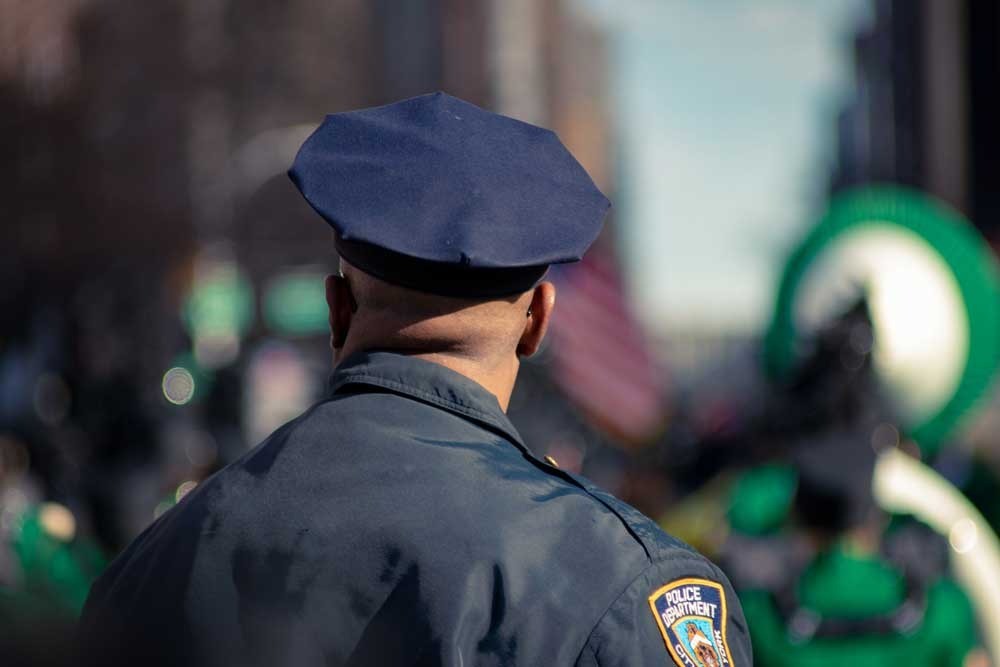The term “5-0” for police is instantly recognizable, but where did it come from? Like many slang terms for law enforcement, its origins are rooted in popular culture. This article explores the real story behind “5-0” and delves into other common police nicknames, both in the US and internationally.
The True Origin of “5-0”
The popular nickname “5-0” (pronounced five-oh) gained traction thanks to the television series Hawaii Five-O, which ran from 1968 to 1980. The show featured the fictional Hawaiian police force, and “Five-O” was a reference to Hawaii being the 50th US state. While not an actual designation for Hawaiian law enforcement, the nickname resonated with viewers and quickly spread across the country, becoming a common slang term for police.
Other Popular Nicknames for Law Enforcement
“5-0” isn’t the only slang term for police. Here are a few other common nicknames and their possible origins:
The Fuzz
The origin of “the fuzz” remains unclear, despite its popularity in the 1960s and 70s. Several theories exist:
- Police Radio Static: “Fuzz” might mimic the sound of static on police radios.
- British Police Hats: It may refer to the fuzzy hats worn by British police officers.
- Short Haircuts: The term could also relate to the short, fuzzy haircuts of new police academy graduates.
- Abbreviation of “The Force”: “Fuzz” could be a shortened version of “the force,” referring to the police force.
The Heat
This nickname’s origin is also debated. Potential explanations include:
- Flashing Lights: “Heat” might refer to the red flashing lights on police cars.
- Pressure During Interrogation: It could also represent the metaphorical “heat” or pressure applied by police when questioning suspects.
- Slang for Guns: “Heat” is a common slang term for guns in the US, possibly connecting the nickname to police weaponry.
Boys in Blue
This straightforward nickname derives from the traditional navy blue color of police uniforms. Although uniform colors vary today, the term “blue” remains associated with law enforcement.
Exploring “Cop” and “Copper”
While “5-0” and “the fuzz” are relatively recent nicknames, “cop” and “copper” have a longer history. Contrary to popular belief, “cop” likely doesn’t stand for “Constable on Patrol” or originate from copper badges.
The most plausible explanation is that “cop” comes from the verb “to cop,” meaning “to take or seize.” This usage dates back to the 1840s, predating the widespread use of copper in police uniforms. The term evolved from referring to the act of arresting someone to describing the person doing the arresting – the “copper,” which was later shortened to “cop.”
Historical and International Police Nicknames
Numerous other nicknames for police have existed throughout history and across the globe:
Older US Nicknames:
- Gumshoe: This term, often applied to detectives, refers to the quiet, rubber-soled shoes they wore for stealth.
- Smokey: This nickname, inspired by Smokey the Bear, likely originated from the similarity between police hats and the hat worn by the wildfire prevention icon.
- The Man: A broader term for authority figures, “The Man” represented those in power, including the police, particularly during the counterculture movement of the 1960s and 70s.
International Nicknames:
- Bobbies (UK): Derived from Sir Robert Peel, the founder of London’s modern police force in 1829.
- Mounties (Canada): Referring to the Royal Canadian Mounted Police, known for their historical use of horses for patrolling.
- Pikachu (Vietnam): A more recent nickname referencing the yellow uniforms of Vietnamese traffic police, which resemble the Pokémon character Pikachu.
Conclusion: The Evolution of Police Nicknames
From “5-0” to “bobbies,” police nicknames offer a fascinating glimpse into the intersection of language, culture, and law enforcement. These terms, often originating from popular culture, historical figures, or uniform characteristics, reflect the evolving public perception of police throughout history and across different countries. While the specific origins of some nicknames remain shrouded in mystery, their continued use demonstrates the enduring power of slang in shaping how we refer to and understand the world around us.
